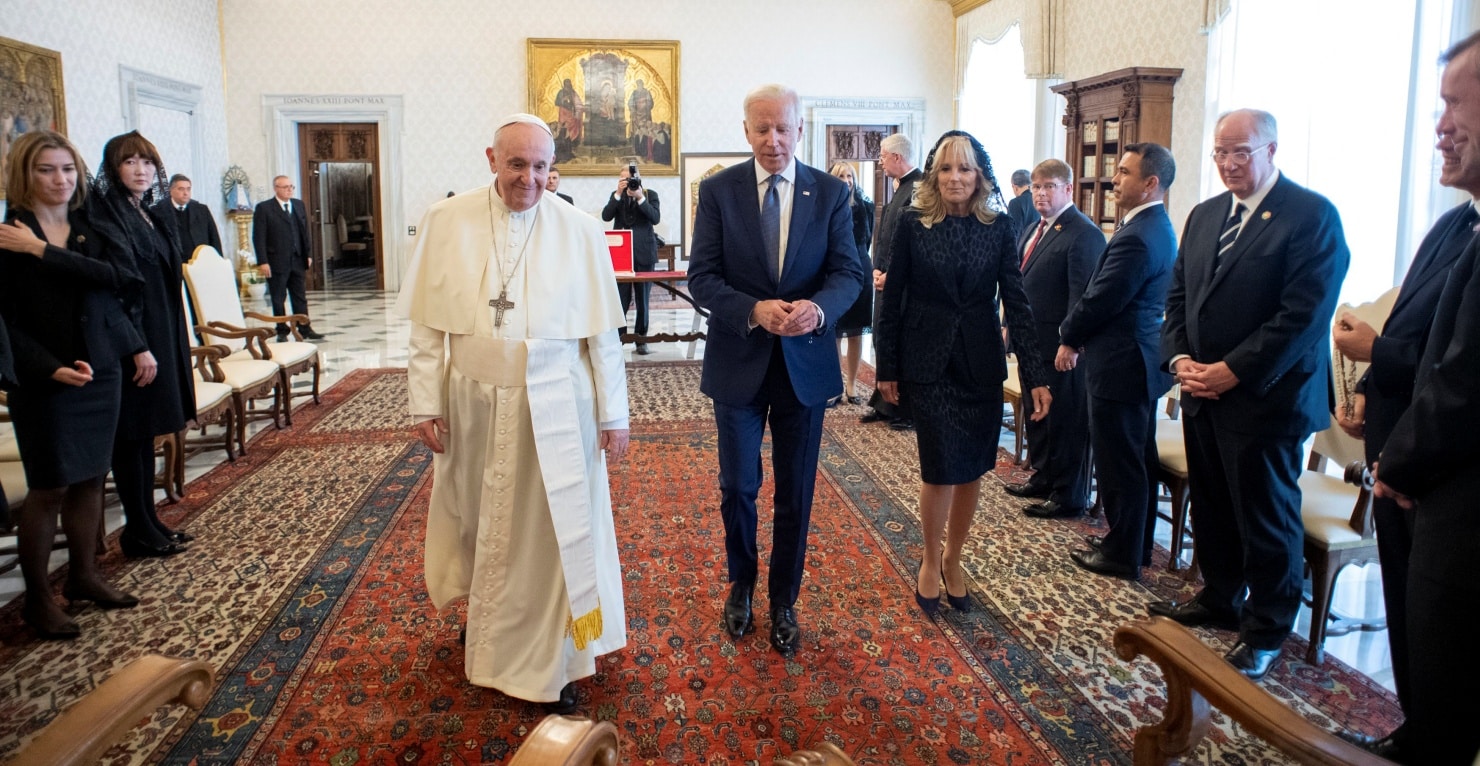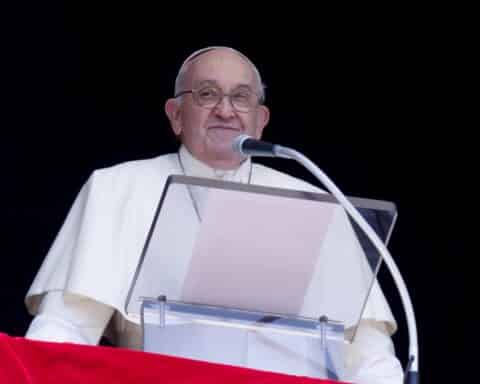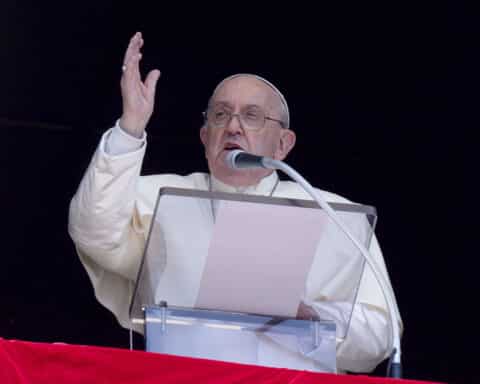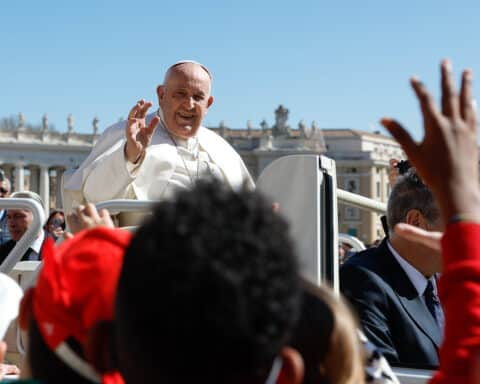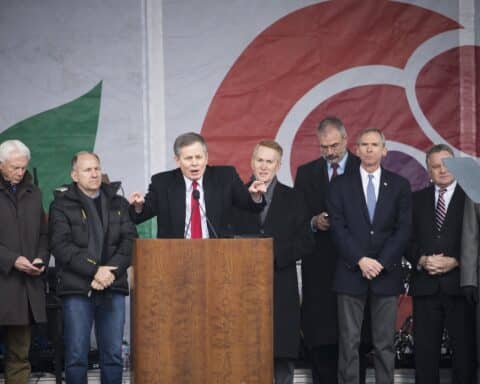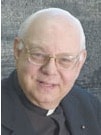
For decades, the United States stood distantly from the Catholic pope. In 1919, President Woodrow Wilson, no friend of the Church, visited Pope Benedict XV in the Vatican, a friendly gesture, but sadly, it hardly inspired Wilson enough to support the pope’s proposal for restoring peace after the First World War.
Not until 1959 did another American president, Dwight D. Eisenhower, appear at the Holy See. He visited Pope St. John XXIII. Since then, every president has met a pope, formally, in Rome.
President Franklin D. Roosevelt wanted to establish full diplomatic relations with the Holy See. It would have pleased American Catholics, and they would have smiled on FDR.
Still, the president saw creating a standing bond between this country and the papacy as benefitting from the pope’s position as a voice for morality, peace and justice in the world.
Franklin Roosevelt had to compromise. Political advisers warned him that the Senate would never allow an ambassador to the papacy, and the Protestant majority in America would be outraged.
FDR got around the problem. He appointed not an ambassador but a “personal representative,” whose nomination required no approval by the Senate. Roosevelt was a political genius — and a canny, Harvard-trained lawyer who knew the “advise and consent” clause in the Constitution like the back of his hand.
President Harry S Truman, Roosevelt’s successor, decided to take the plunge by appointing, in 1952, General Mark Clark, a hero of the Second World War, to be ambassador to the Holy See. Protestant figures screamed bloody murder. Clark declined the nomination.
For more than a generation, American presidents carefully avoided repeating Truman’s political mistake, but when the Cuban Missile Crisis seemed about to destroy humanity, a desperate President John F. Kennedy telephoned Pope John XXIII, asking the pope to do something — anything.
Kennedy reasoned that Pope John was the most trusted person on earth when it came to justice. The pope gave a highly publicized speech, pleading for peace. The Russians heard it, withdrew their missiles from Cuba, and humanity survived, in great measure, thought JFK, because of John XXIII.
Pope John XXIII died. Kennedy announced that Vice President Lyndon B. Johnson would represent the United States at the papal funeral. Many Protestant leaders were furious, but Johnson went to Rome.
The new pontiff, Pope St. Paul VI, soon made a name for himself as a champion of the poor and downtrodden and an impassioned voice for world peace and justice.
When he died in 1978, First Lady Rosalynn Carter represented this country at his funeral, and nobody complained. None objected when President George W. Bush himself attended the funeral of Pope St. John Paul II.
Pope Francis was installed. Vice President Joe Biden attended, with dozens, literally, of kings, queens, presidents and prime ministers. It seemed natural. The papacy was so respected.
In 1984, President Ronald Reagan opened full diplomatic relations with the Holy See, at the level of embassy, the highest status for such contacts.
Every subsequent president has kept the relationship. President Biden just named former Indiana Senator Joseph M. Donnelly to the post.
Separated from the American embassy to the Holy See in Rome is the embassy to Italy, a much larger building, employing many more people. The United States realizes that Italy is a NATO ally, a large, influential factor in Europe, and one of the world’s seven wealthiest societies.
The Holy See is not in NATO. It financially is not worth a tiny fraction of Italy’s wealth, but it has a priceless position in the world. It speaks, as none other speaks, for goodness, decency, morality, and for God, in a frightened, troubled world, and American presidents know it.

